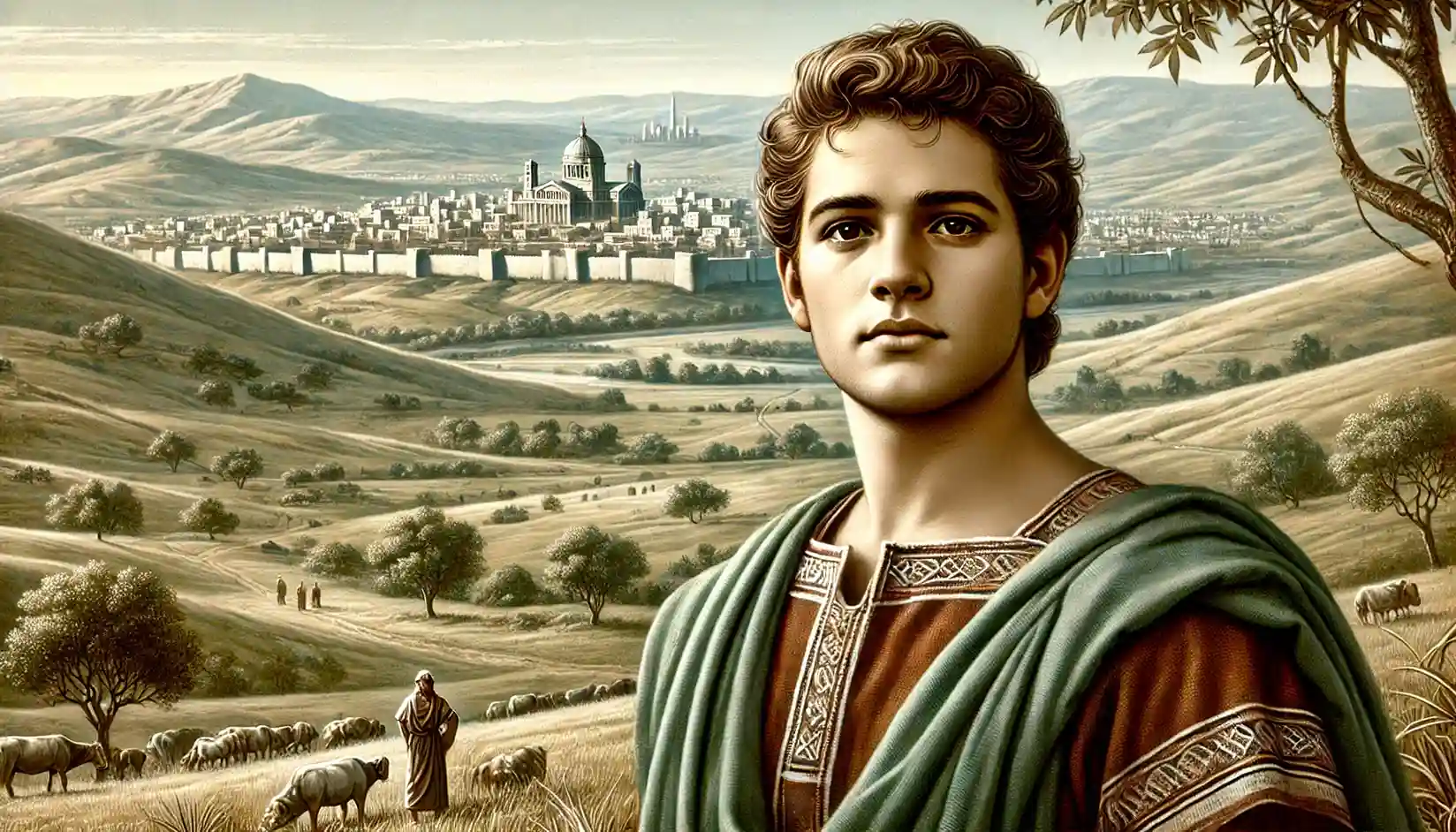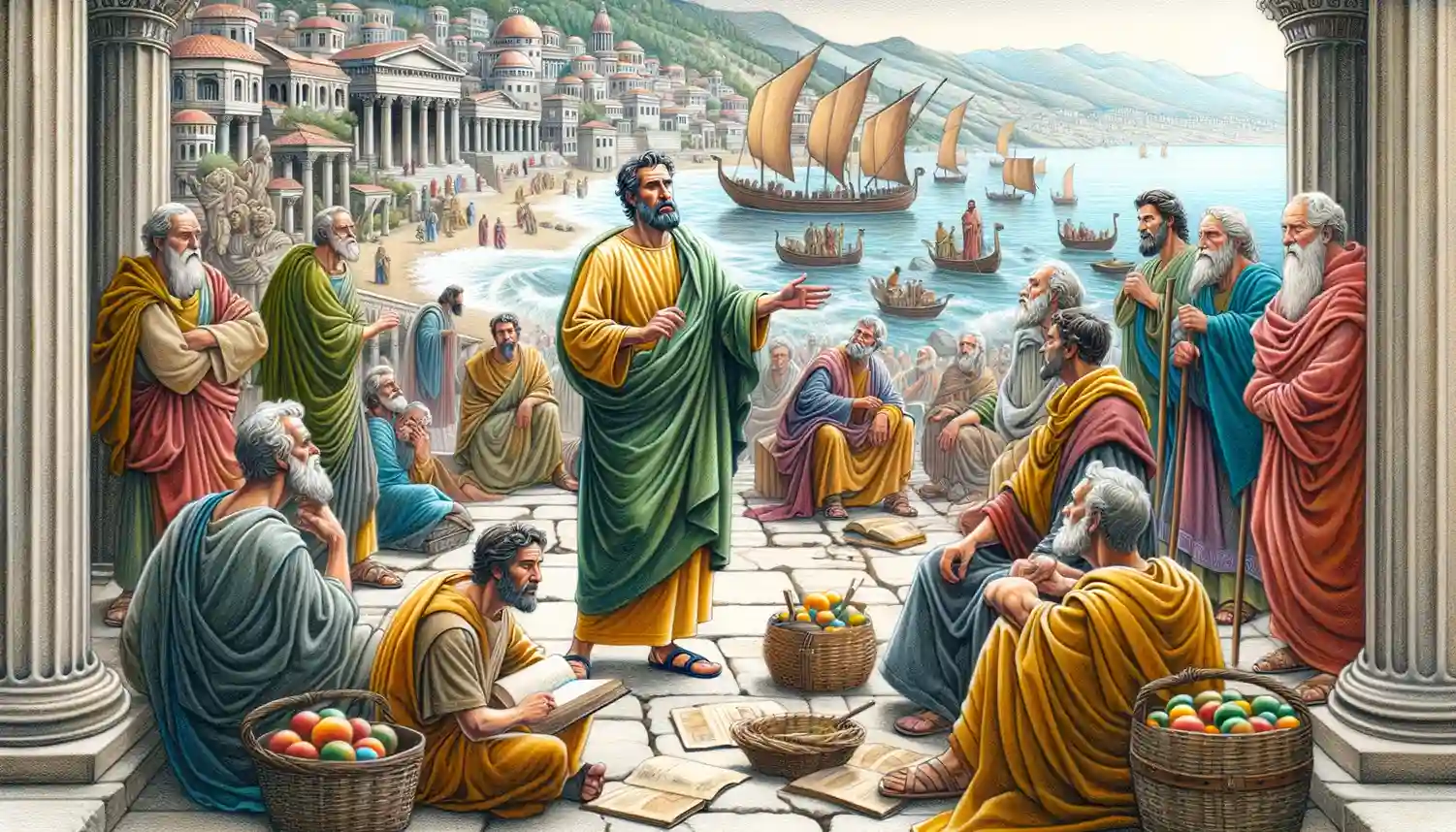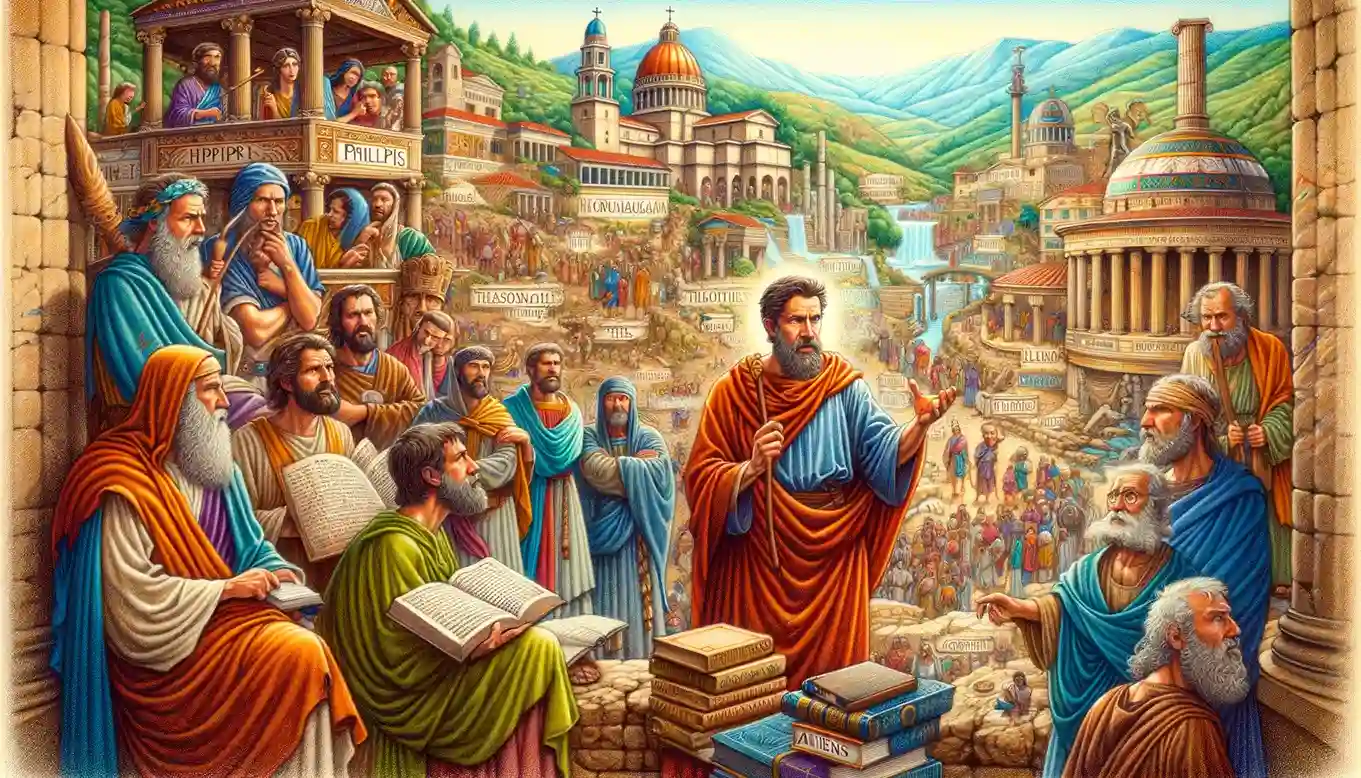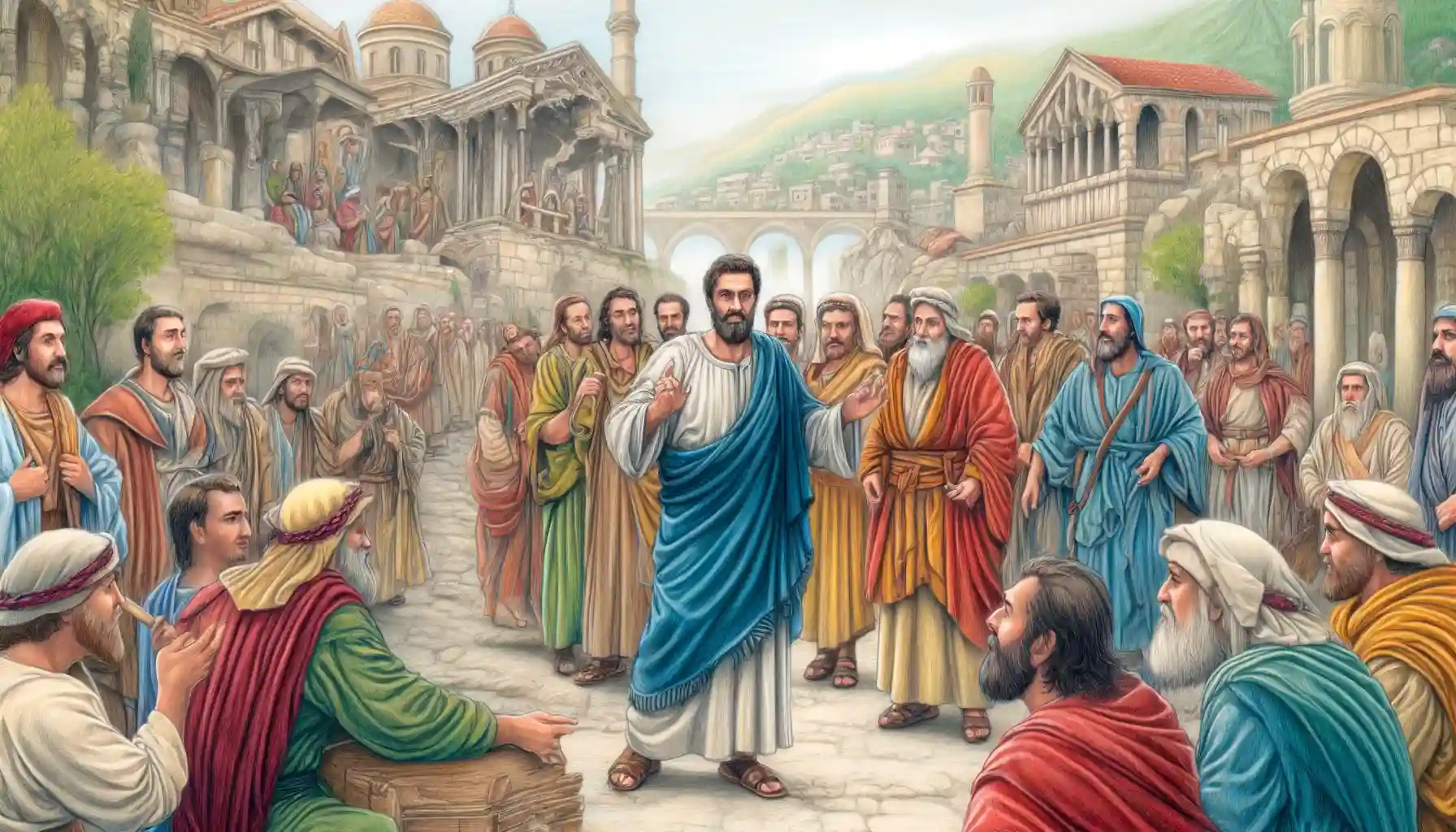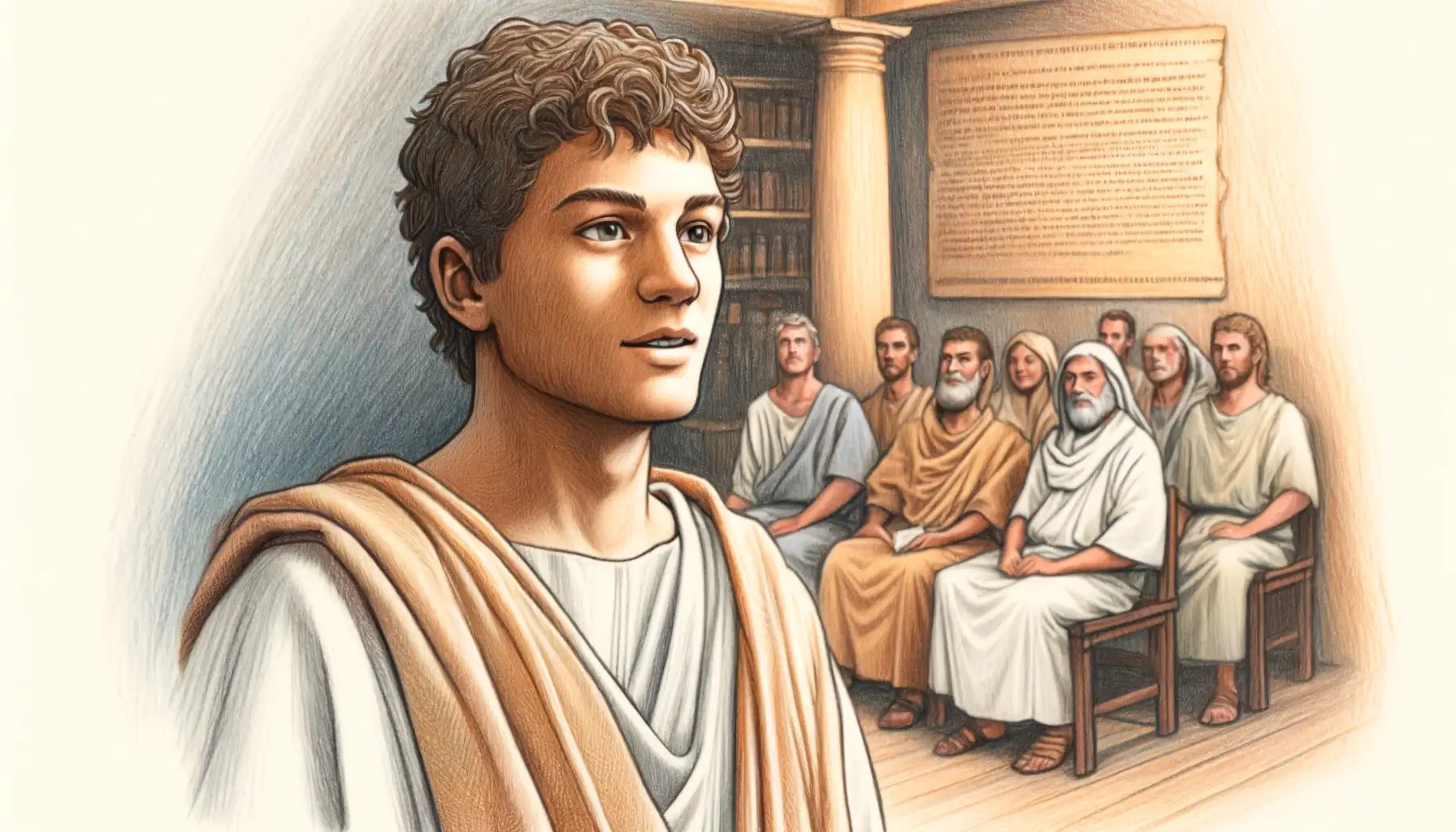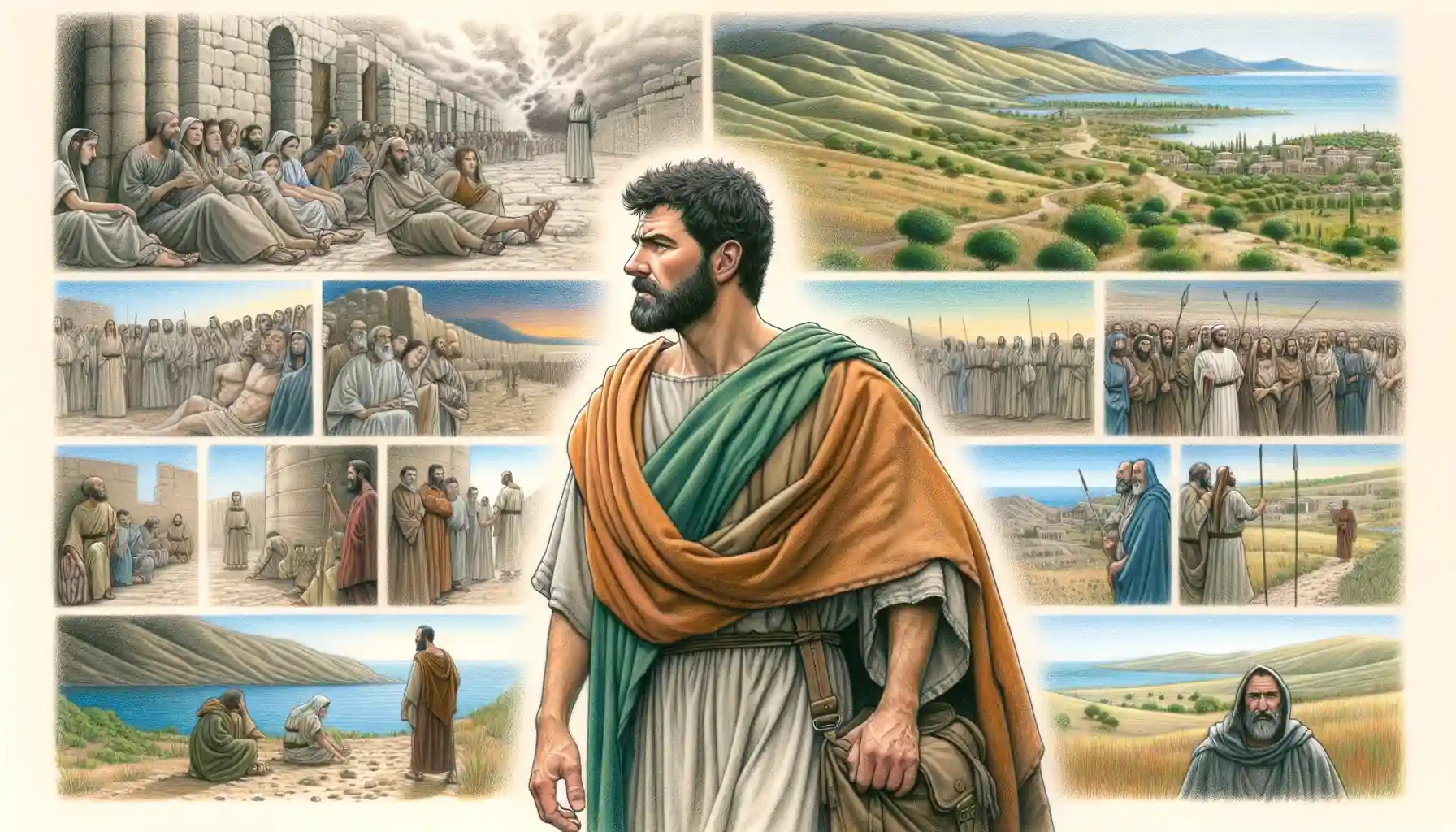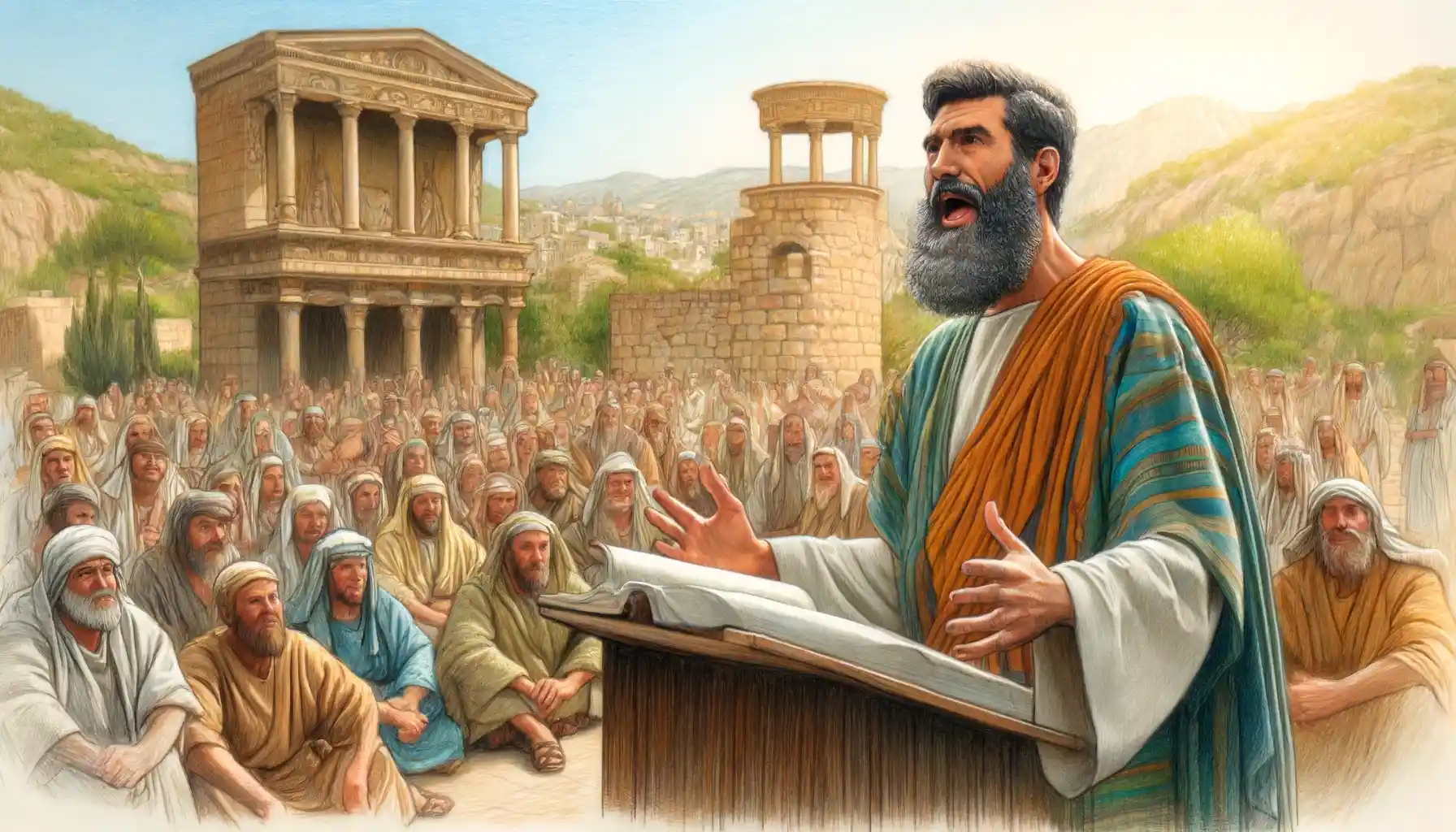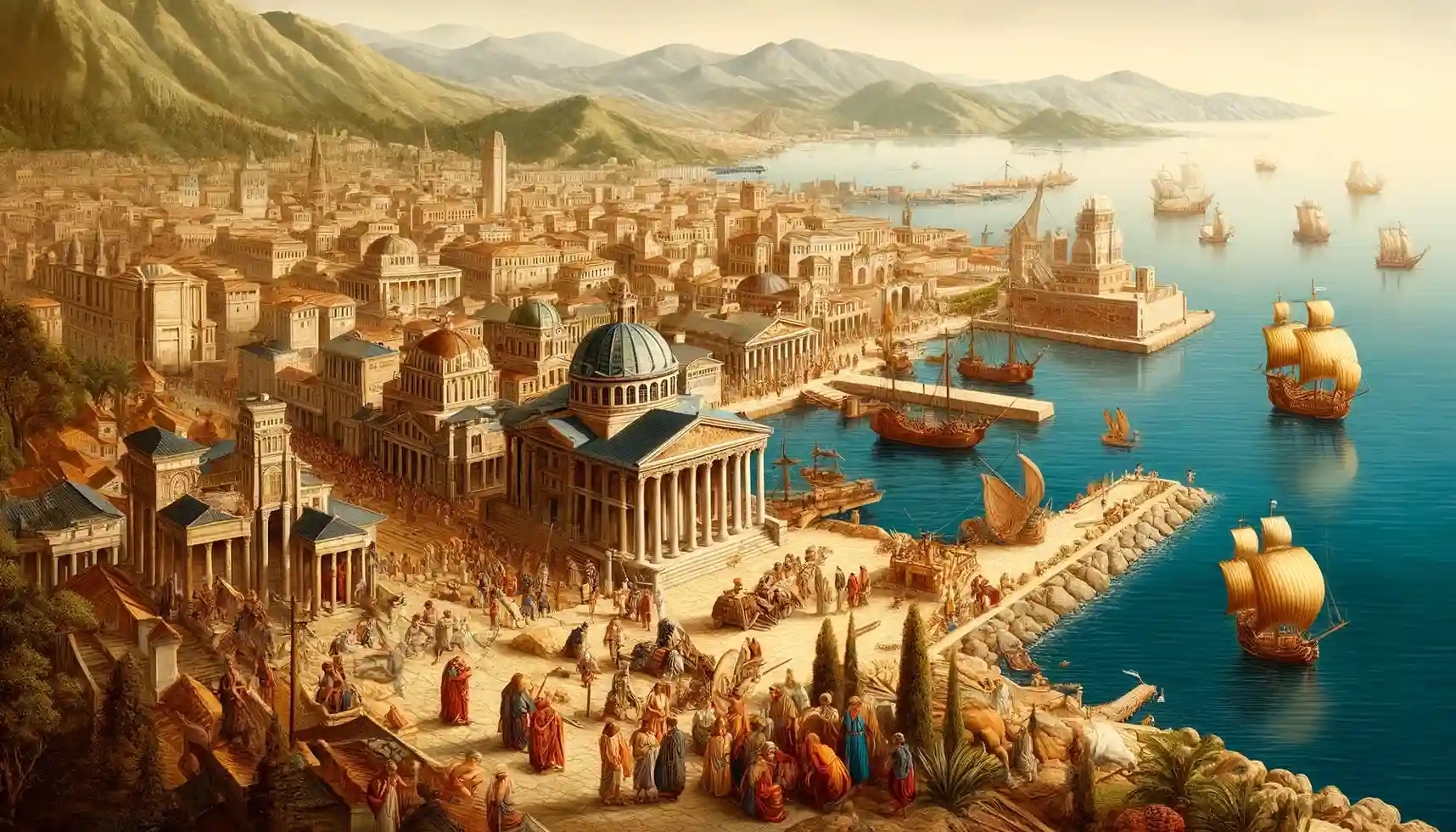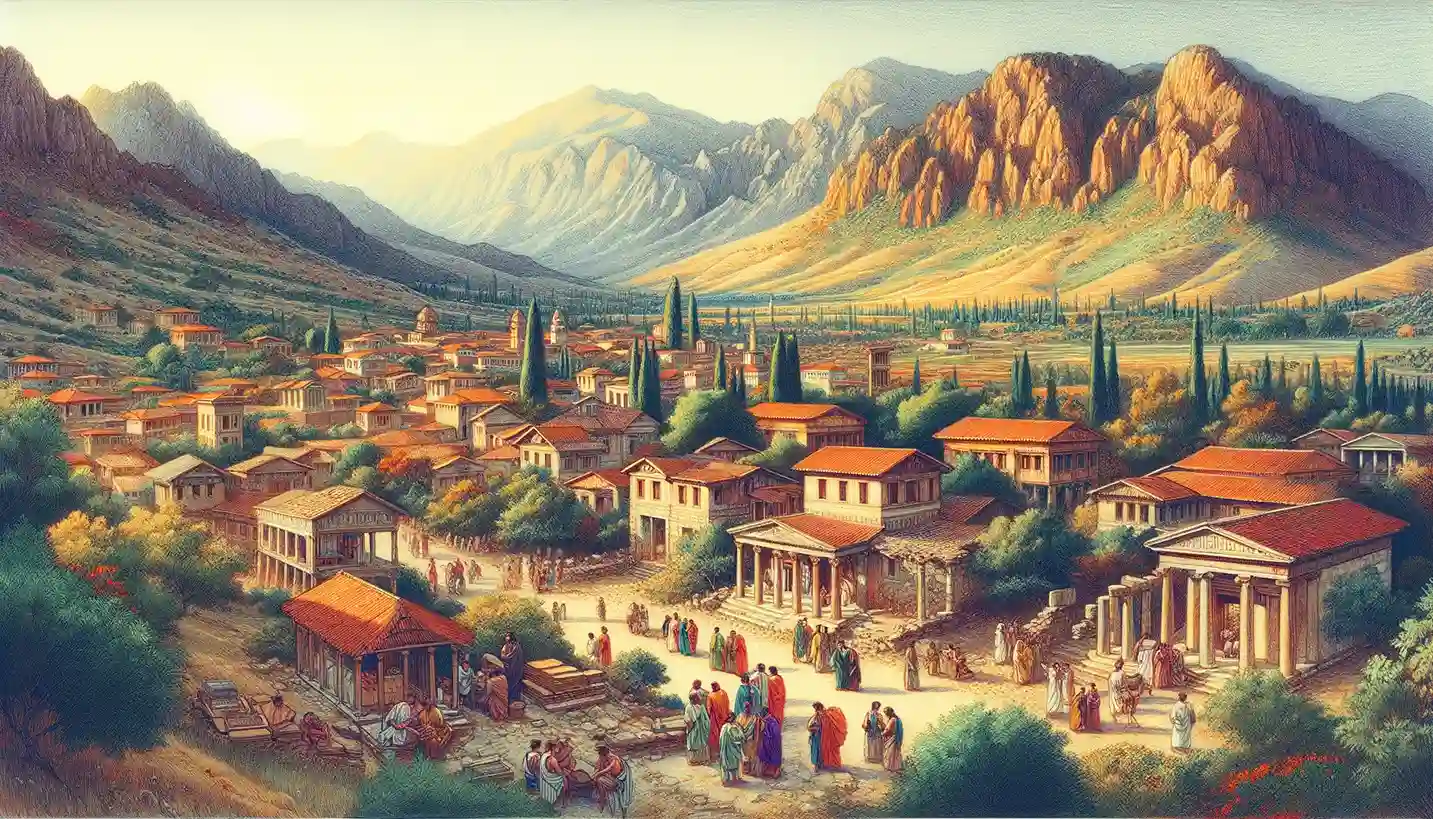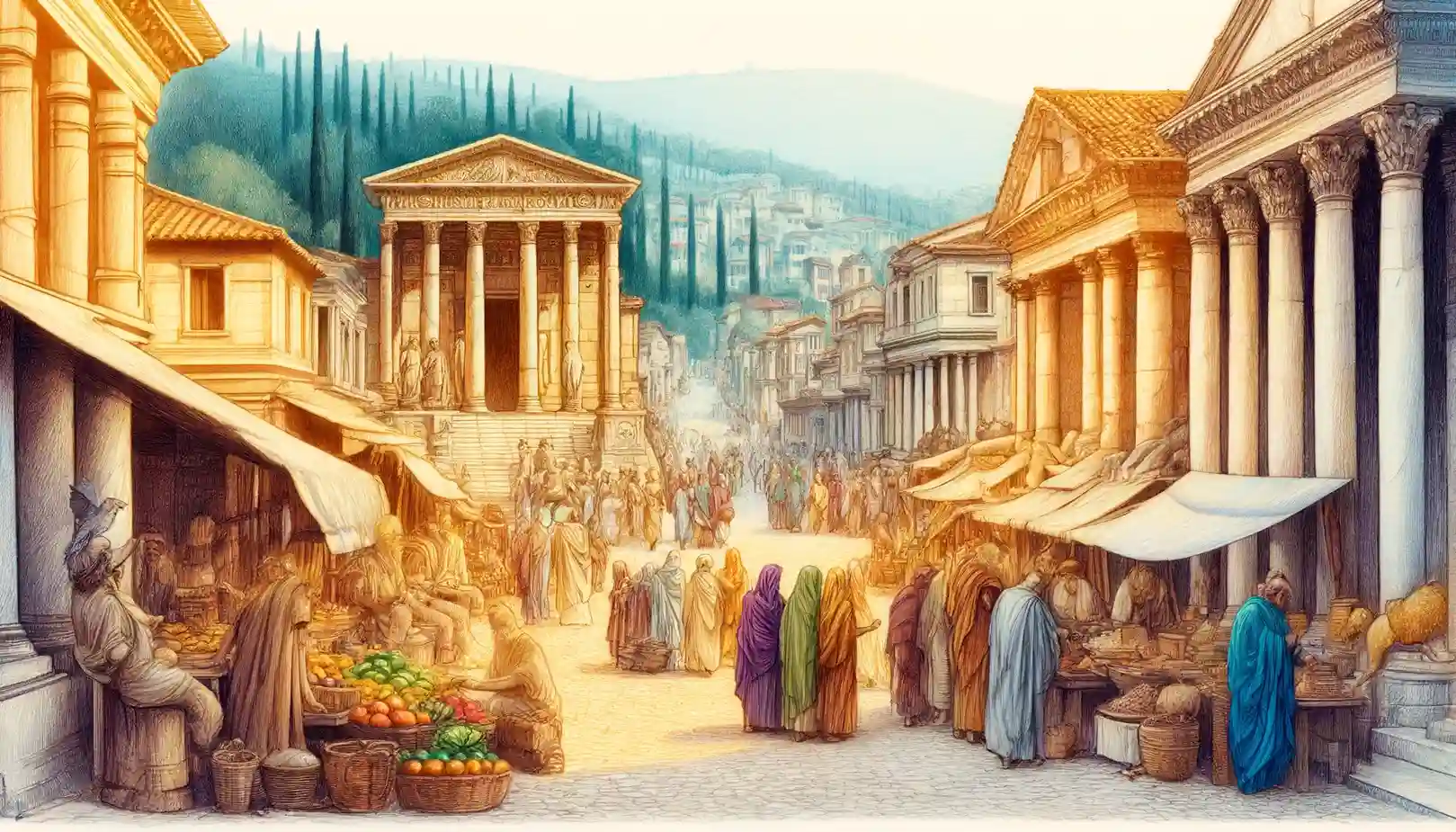Benjamin, the youngest son of Jacob and Rachel, is a significant biblical figure whose descendants, the tribe of Benjamin, played crucial roles in Israel’s history, producing notable leaders like King Saul and the Apostle Paul.
Paul’s third missionary journey, accompanied by various disciples including Timothy and Luke, focused on strengthening and encouraging the early Christian communities he had previously established, as he traveled from Antioch through key locations such as Galatia, Phrygia, Ephesus, Macedonia, Greece, Troas, Miletus, and Jerusalem, preaching the Gospel, performing extraordinary miracles, facing opposition, and providing pastoral care, ultimately solidifying the foundation of the early church despite significant personal risk and challenges.
Paul’s second missionary journey, accompanied by Silas, Timothy, and later Luke, significantly expanded the reach of Christianity into Europe as they traveled from Antioch through key locations such as Philippi, Thessalonica, Berea, Athens, Corinth, and Ephesus, preaching the Gospel, performing miracles, and establishing strong Christian communities despite facing considerable opposition, thereby demonstrating the transformative power and inclusivity of the Gospel.
Paul’s first missionary journey, undertaken with Barnabas and John Mark, marked a foundational moment in the spread of early Christianity as they traveled from Antioch to Cyprus, Pisidian Antioch, Iconium, Lystra, and Derbe, preaching the Gospel, performing miracles, facing persecution, and establishing new churches, thereby demonstrating the transformative power of the Gospel and the inclusivity of God’s salvation plan.
Timothy, a devoted protégé of the Apostle Paul, played a crucial role in the early Christian church as a pastor and leader, known for his genuine faith, humility, and resilience, and his legacy is encapsulated in the pastoral epistles that highlight his significant contributions to the spread and establishment of Christianity.
Silas, a key companion of Paul on his second missionary journey, played a crucial role in spreading the Gospel, enduring imprisonment and persecution, and helping establish early Christian communities in Thessalonica, Berea, and Corinth.
Barnabas’s role as an encourager, a bridge-builder between Jewish and Gentile Christians, and a pioneering missionary alongside Paul, underscores his critical contributions to the spread and establishment of early Christianity.
Thessalonica (now Thessaloniki) was an ancient city in Macedonia, northern Greece, significant in the New Testament for its early Christian community. Founded around 315 BC by King Cassander and named after his wife Thessalonike, it was a key harbor and trade center in the Roman Empire. During Paul’s second missionary journey around AD 50-51, he founded a Christian community there, as described in Acts 17. The city, a cultural hub with Greek, Roman, and Jewish populations, faced persecution, which Paul addressed in his Epistles of First and Second Thessalonians. Today, Thessaloniki is a major Greek city with rich archaeological sites.
Colossae, an ancient city in Phrygia, is primarily known through the New Testament’s Epistle to the Colossians, where Apostle Paul addresses the early Christian community’s challenges with local heretical teachings and emphasizes the supremacy and sufficiency of Christ.
Philippi, an ancient city in Macedonia, is historically significant as the site of the first Christian community in Europe, founded by Apostle Paul, and is celebrated for its profound biblical connections and rich archaeological heritage.

